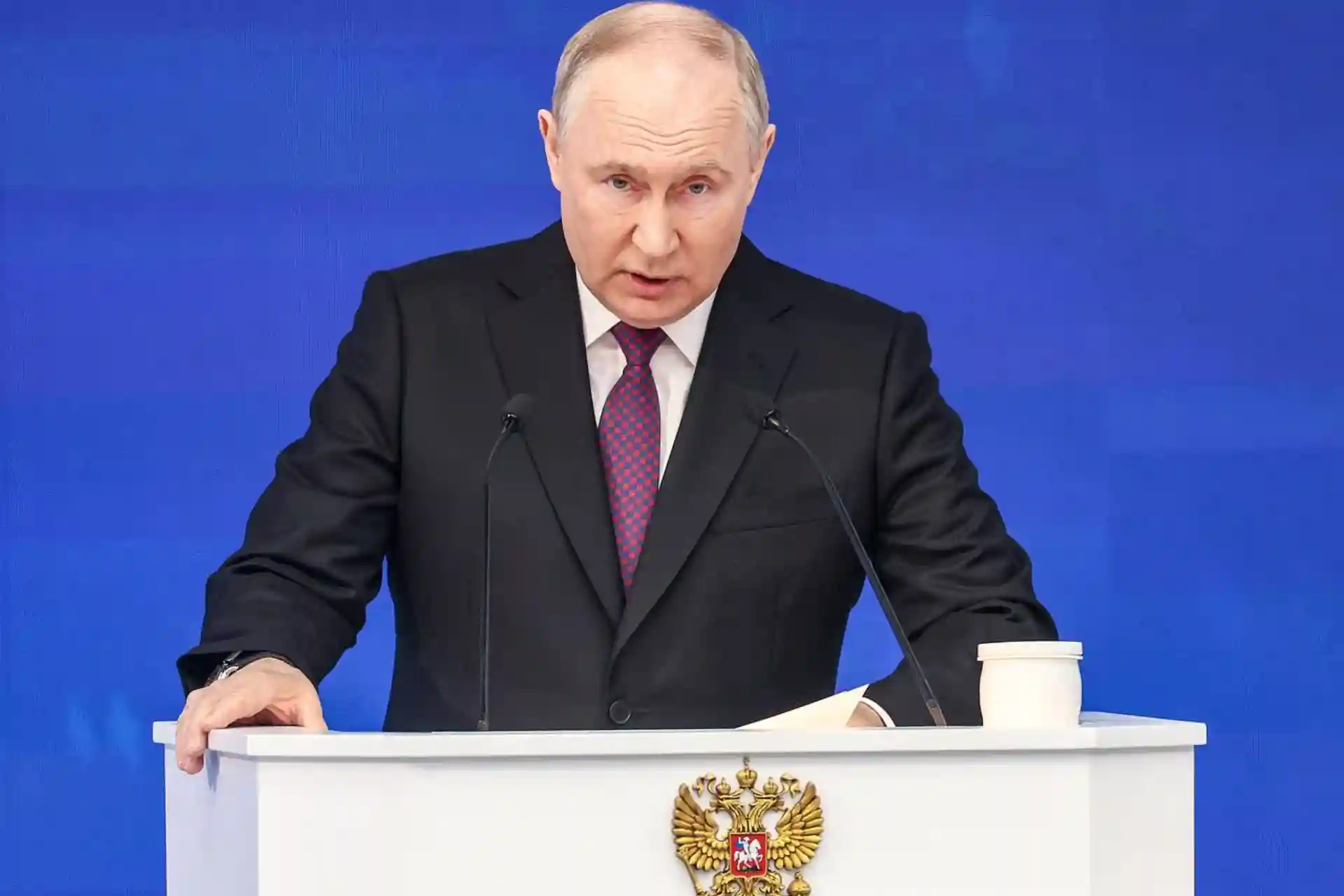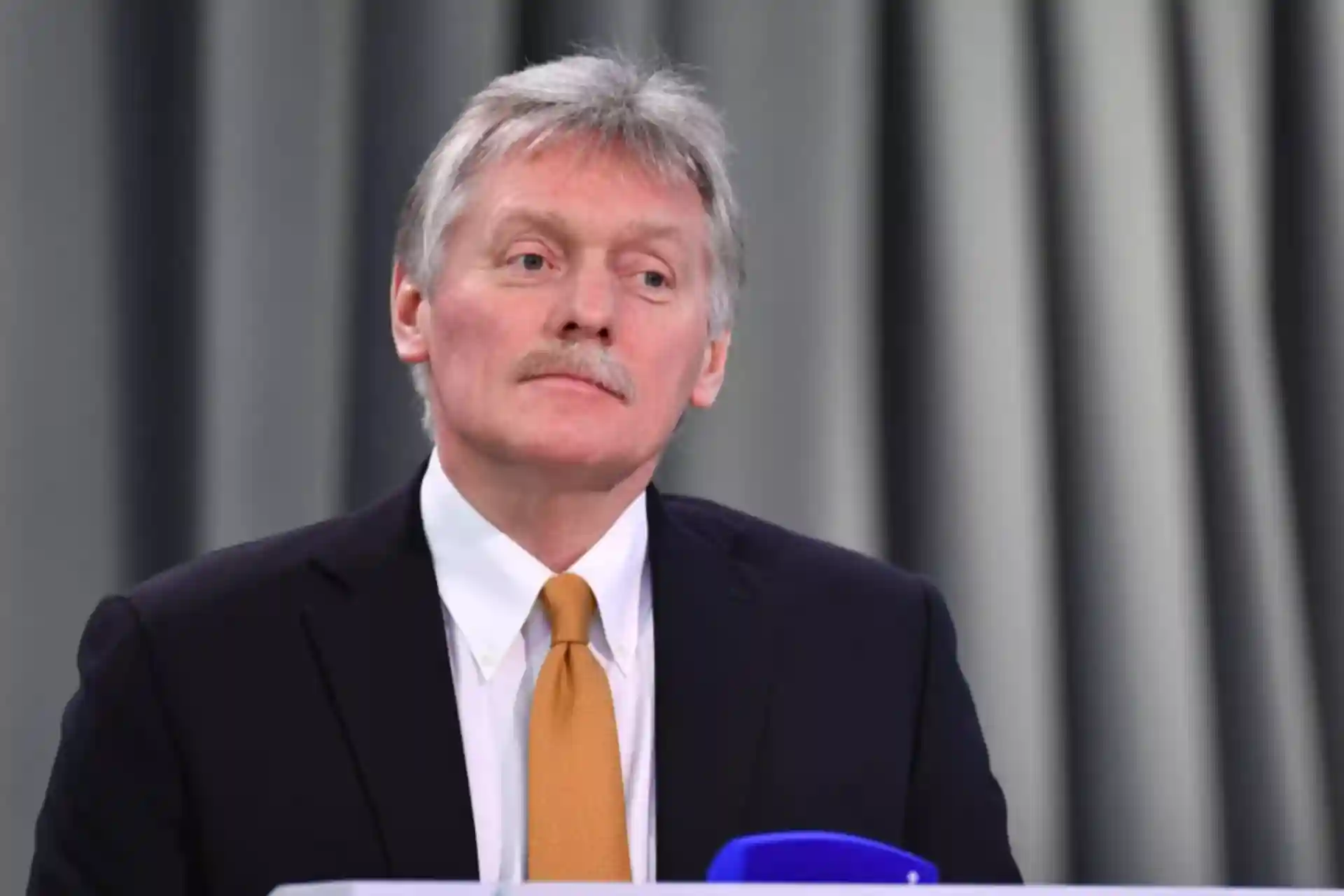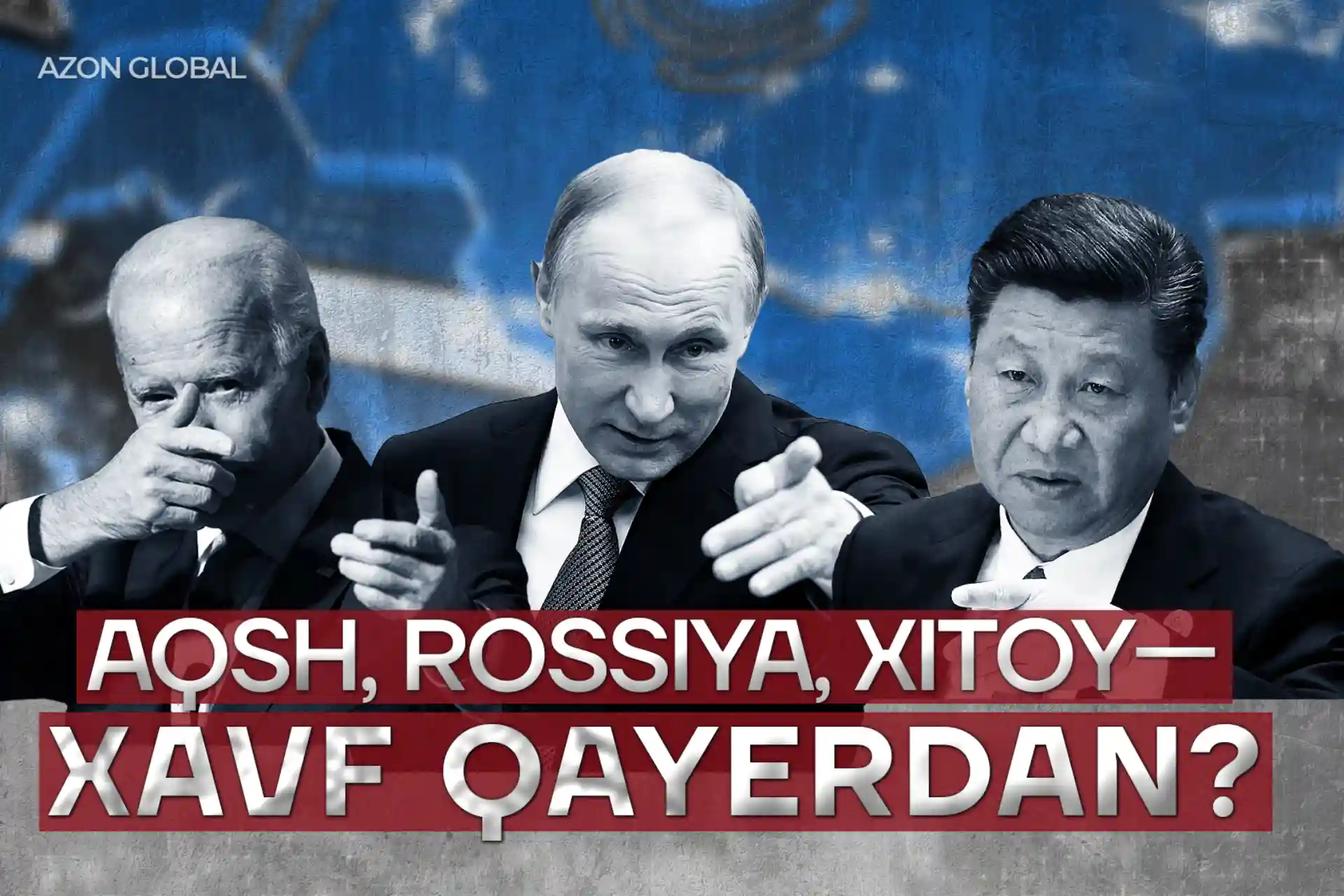"Russian Spring", strategic stability, "social problems": what did Putin talk about in his Address?
"Russian Spring", strategic stability, "social problems": what did Putin talk about in his Address?
Addressing the nation for the 19th time, Russian President Vladimir Putin once again warned the West, spoke about the new balance of power in geopolitics, announced large investments in the economy, production and human capital. Key issues in Putin's Address.
Addressing the nation for the 19th time, Russian President Vladimir Putin once again warned the West, spoke about the new balance of power in geopolitics, announced large investments in the economy, production and human capital.
This Pre-Election Address is a kind of pre-election program, and given the absence of a strong competitor, it can be considered as a post-election development strategy for the country. On the other hand, it is also an attempt to demonstrate the power of the country against the background of statements by Western politicians about the possibility of sending NATO troops to Ukraine. In this regard, it is no coincidence that he mentions the "Russian spring" in his speech.
Strategy
This Petition It can be seen from the fact that this word is mentioned 12 times in the President's speech: from strategic tasks to the Strategy of Science and Technology Development , the National Strategy for the Development of Artificial Intelligence and Strategic nuclear forces .
The use of this term indicates that Russia has reformatted production and the entire economy in accordance with new realities, given that the country is in a state of semi-war . Conceived as a short-term military operation, the invasion of Ukraine has passed the two-year mark, unprecedented Western consolidation, military aid and the encouragement of the Ukrainian government with visits by high-ranking officials all point to the long-term war.
At the same time, in addition to addressing the "domestic audience", the military strategy, that is, the mention that the country's strategic nuclear forces are "fully ready for guaranteed use", seems to be a warning and a reminder that Russia's interests should be taken into account .
Mini versions of global initiatives
Speaking in detail about Russia's military power and its hypothetical and practical capabilities, Putin set the goals of taking the country to a new level as a kind of advanced high-tech center, including in the civil sphere , against the background of current realities.
Putin spoke at length and in detail about environmental problems, "clean air", "clean water" programs and waste treatment. Transport and logistics, modernization of one-third of the existing air ports, renewal of the air transport fleet, repair of roads and railways - all were mentioned and specific recommendations were made to solve them.
The numbers are many: from BRICS to regions
Speaking about the " transformation of the world economy, trade, finance, technology markets", the Russian leader emphasized the need to respond to these and other global problems. As a solution and balance, he focused on BRICS: "Thus, in 2028, BRI K S countries, including the countries that recently joined this association, will generate about 37 percent of global GDP, while the figure of the "Big Seven" has fallen below 28 percent." he said.
The petition is filled with numbers: billions and even trillions of rubles are spent on various social programs aimed at improving the quality of life of the population. National projects "Family", "Employees", "Youth of Russia" and "long and active life" aimed at increasing demographic indicators, support and development of own resources are also expected to contribute to the growth of human capital.
In his speech, he talked a lot about the problems of the regions and others. Many figures were also announced, starting with the construction of a square meter of housing, financial support for various categories of citizens, master plans for the development of regions, writing off their debts: from material well-being to cultural heritage.
The new meaning of the concept of "Elite".
Putin began his more than two-hour speech with the phrase "Russian Spring," used by Russian media to describe the events that led to the annexation of Crimea in 2014, and ended by saying, "We didn't start ," but "we will win . "
The personnel program called "Heroes' Time" refers to important benefits for war veterans in Ukraine. Putin drew attention to this several times in his speech before and now. However, here it is not only a question of financial support, but also of giving them the status of new educators of the future.
The new world order and the role of Russia
The president talked about the arms race and the fears of the West , which is about to drag Russia , and called them " nonsense "; He also touched on the issues of NATO's new expansion to the East, strategic stability, and noted that "it is impossible to establish a permanent world order without a sovereign, strong Russia . "
Putin responded to the hypothetical possibility of sending NATO military contingents to Ukraine by referring to history (Napoleon and Hitler) and warned that Russia's current military capabilities would allow it to "hit targets from its own territory." This part of the petition was quoted the most in the Western and world press.
As you can see, it is clear that Russia's flexing of its muscles, aggressive rhetoric, and desire to "thaw" and restart frozen conflicts do not benefit the civilian population. Richard Haas, an influential American foreign policy scientist, while analyzing the crisis of the "old order", noted that geopolitical restraint was a characteristic of the "Cold War" order. The current situation in the world is that countries are completely distrustful of each other, and the "war of all against all" is now clearly visible. To avoid this, as Haas rightly concludes, we need communication. A representative discussion format is required. The category of "international order", which can be both law, practice and value for many, needs to be looked at anew. What is the meaningful alternative to militarization of any crisis in interstate relations?
Aynur Nogaeva, New Dawn



